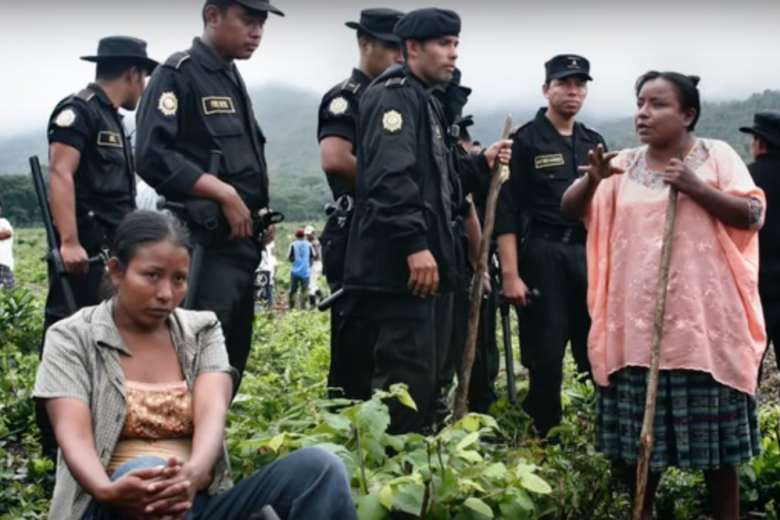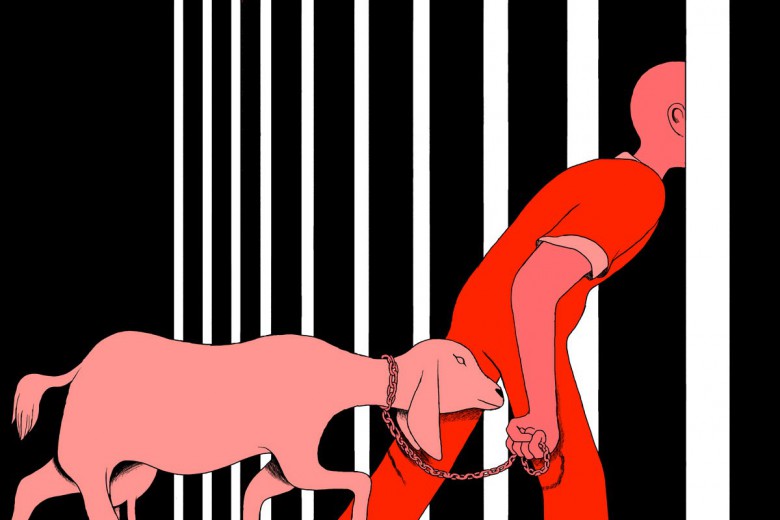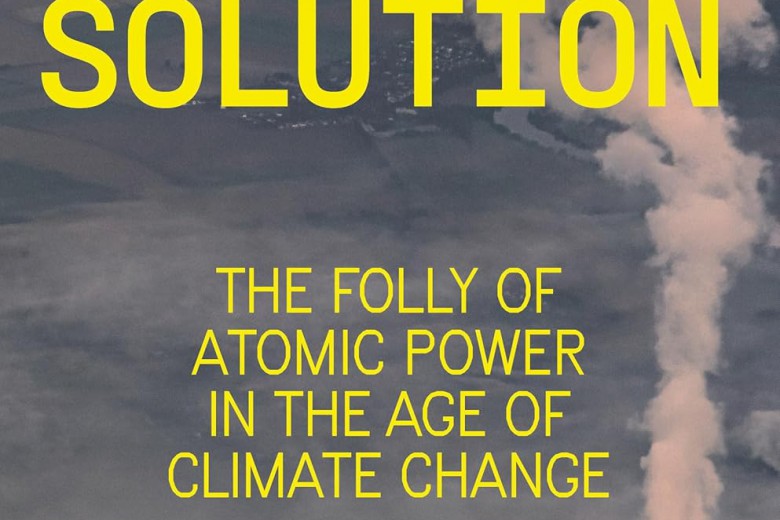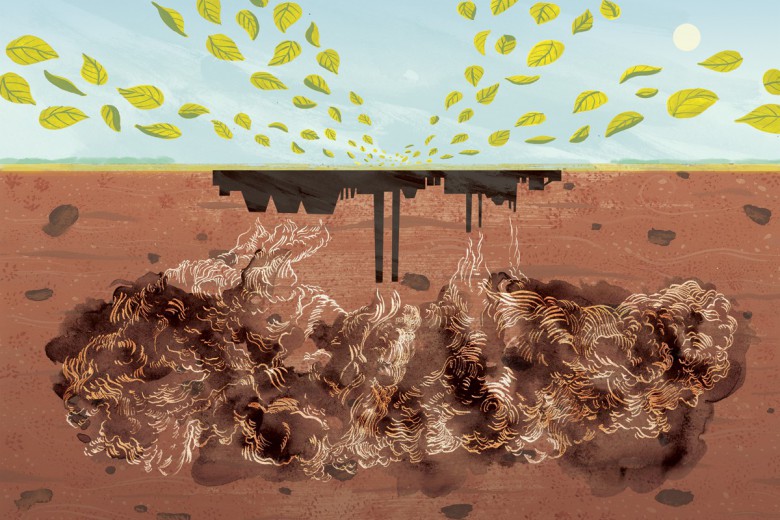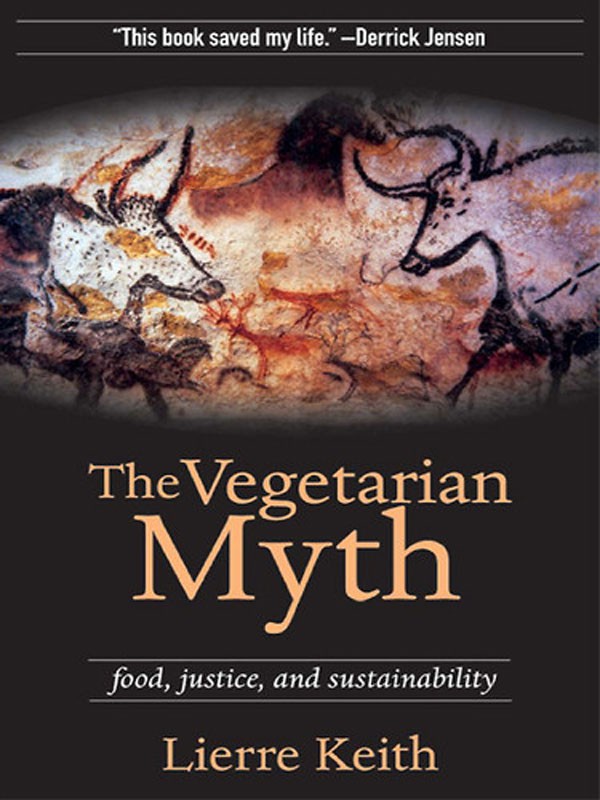
The Vegetarian Myth: Food, Justice and Sustainability
By Lierre Keith
Flashpoint Press, 2009
The Vegetarian Myth argues that strict vegetarianism is not the best diet for our health, for animals or for the planet. The stance is controversial in environmental and animal rights circles, but the subject matter is thoroughly explored, exhaustively researched and very persuasive. Keith is adamantly opposed to fast food and factory farming, but believes that strict vegetarianism isn’t the answer either, arguing instead for a sustainable food system based on mixed farming and a diet that includes moderate amounts of animal products.
Lierre Keith does not come to this issue as an outsider. She spent 20 years as a vegan, eventually developing a degenerative illness – which she attributes to veganism in the book – before finally changing her diet and life to become a chicken-raising omnivore. If anyone is qualified to write this book, she is.
Keith explores the arguments surrounding vegetarianism on moral, political, nutritional and environmental grounds. She does not claim that common arguments against vegetarianism are correct, but that common arguments both for and against vegetarianism are often based on a superficial (or outright false) understanding of agriculture, ecology and nutrition. (For example, a main nutritional issue with vegetarianism is not the problem of getting enough protein, but the problem of getting high-quality digestible protein and enough of the nutrients found in animal fats to absorb minerals.) It’s true, she argues, that common assumptions about vegetarianism are simply wrong, but many false or misleading beliefs can only be unravelled by a deeper analysis of human and animal nutrition, medical literature and farming methods.
For example, we’re often told that eating vegetarian food will use less land and therefore feed more people. (Of course, to some extent, producing more food is beside the point, since famine almost invariably stems from unstable monocultures and inequitable distribution rather than from an overall supply shortage.) The original argument is about feed conversion – it takes more than 10 kilograms of grain to produce a kilogram of factory-farmed beef. But Keith points out that farm animals like cows are intrinsically grass-eaters, not grain-eaters, and that a diet of mostly grain is not healthy for cattle or humans who eat them. And while it’s true that a yield-per-acre of monocultured soybeans is higher than that of grass-fed beef, pasturing animals is far more sustainable, since it doesn’t require tilling the soil, the use of annual monocultures, irrigation and so on. The author is certainly not arguing that factory farming of animals is acceptable by any criteria, but rather that sustainable food depends on the use of perennial polycultures that include animals.
Keith’s in-depth discussion of agriculture and ecology meshes with her discussion of morality. A major shortcoming of moral vegetarianism, she writes, is that even though it’s true that eating meat means killing individual animals, large-scale agriculture wipes out entire species and vast areas of habitat. These effects are much larger, and indeed, worse for animals, than community-scale perennial polycultures. As Keith writes, “Agriculture is carnivorous: what it eats is ecosystems, and it swallows them whole.” Of course, all of this is merely scratching the surface of her analysis.
The author’s prose is clear and readable, but with the human touch. Despite being a non-fiction book covering some pretty heavy issues, the book is ultimately a personal story and as accessible and easy to read as a novel. There is sparse but appropriate use of tables and illustrations.
There’s no doubt that this book may be a challenging read for some vegans and vegetarians. But it’s not provocative for the sake of being provocative, nor is it any kind of attack on vegetarians. As Lierre Keith makes clear, her beef (so to speak) with vegetarianism is not that vegetarians have the wrong impulse, but that they have the wrong information about agriculture and ecology. (Of course, some vegans have thanked me effusively for sharing this book with them.) None of this will stop some vegetarians from taking any criticism of their diet personally – vegetarianism can be such a deeply held part of a person’s identity – but I hope that everyone who reads this book will take the time to understand the central arguments thoroughly.
Indeed, perhaps the people who are most likely to feel challenged by this book are those who might gain the most from reading it. When I shared this book with a friend of mine, another ex-vegetarian and long-time farmer, he told me: “Everyone who eats should read this book. Everyone who eats vegetarian should memorize it.” There might be a touch of hyperbole there. But there’s no exaggeration for me in saying that this is the single most important book I’ve ever read on diet, agriculture and ecology. And as a farmer and ex-vegan, that’s saying a lot.


